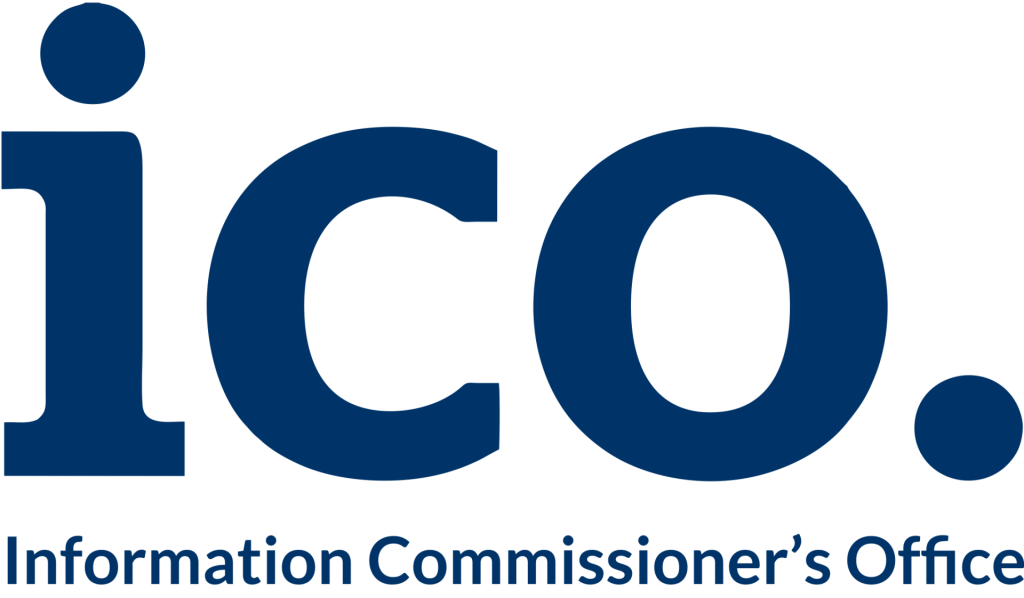Not all education needs to take the form of a multi-year degree. In 2026, micro-credentials—short, targeted courses that build specific skills—have become a global movement. Students are increasingly choosing certificates in artificial intelligence, cybersecurity, project management, and sustainability over traditional programs. Employers, too, are recognizing micro-credentials as credible indicators of real-world competence.This shift reflects the demands of the modern job market. Industries change faster than degree cycles, and employers need workers who can quickly adapt. Micro-credentials offer that flexibility. Students can complete a certificate in months rather than years, often at a fraction of the cost. For international learners, they open doors to study abroad without the heavy financial and time commitments of a full program.Micro-credentials are also stackable. Students can earn multiple certificates across different areas and build them toward a larger diploma or degree. This flexibility allows learners to customize their education and stand out in competitive industries.
Why Employers Value Micro-Credentials
Employers increasingly care about skills over degrees. A micro-credential in data analytics, backed by real project work, can be more attractive than a generic degree with no applied evidence. By 2026, leading firms in tech, finance, and healthcare are partnering with universities to create employer-verified micro-credentials.For students, this means that micro-credentials are not only affordable but also career-relevant. Graduates of these programs often move directly into internships or full-time roles because employers trust the targeted training.
Benefits for International Students
For students abroad, micro-credentials provide cultural exposure, global networking, and career development without requiring years of commitment. Short-term stays or hybrid online models make them more accessible to students from diverse backgrounds. Some countries even offer mini-visas tied to micro-credential programs, giving learners global exposure with fewer barriers.
Conclusion
Micro-credentials are rewriting the rules of education in 2026. They are fast, affordable, and career-aligned. For students who want to enter the job market quickly—or complement their degrees—they are an essential pathway.


































